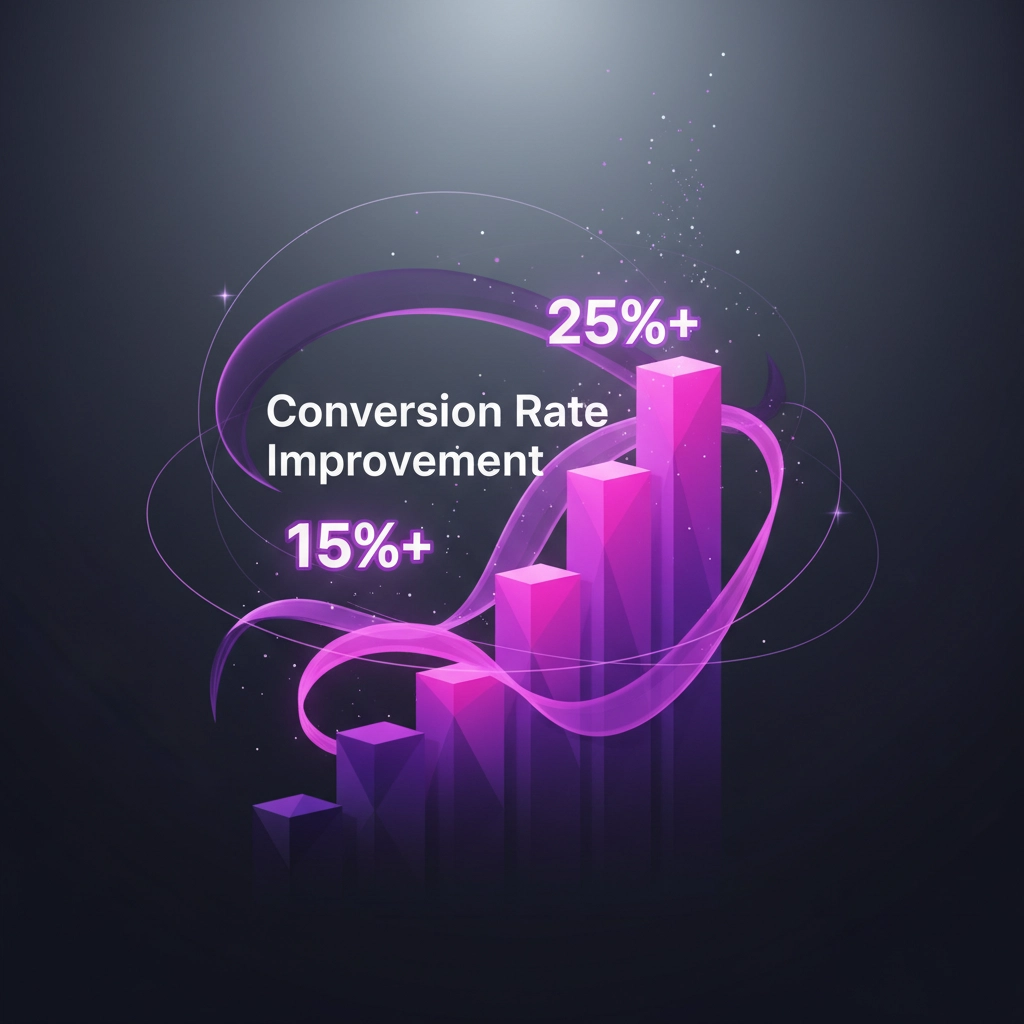AI call simulators create practice environments where real estate agents refine their lead conversion approach without risking actual prospects. These tools combine realistic conversation scenarios with machine learning feedback to improve script effectiveness and boost sales outcomes.
What AI Call Simulators Do
AI call simulators replicate real phone conversations using synthetic voices and programmed responses. Agents practice their pitch, handle objections, and test messaging variations in controlled settings. The system records performance metrics and provides immediate feedback on conversation flow, timing, and effectiveness.
These simulators use natural language processing to understand agent responses and generate realistic prospect reactions. Advanced systems incorporate industry-specific scenarios, allowing agents to practice conversations with different buyer personas and market conditions.

Script Enhancement Through Simulation Practice
Traditional scripts often fail because they sound rehearsed or don’t account for real prospect responses. AI simulators let agents test scripts against hundreds of conversation variations. This practice reveals which phrases generate engagement and which create resistance.
Agents discover optimal pacing through repeated simulation. They learn when to pause, when to ask questions, and how to transition between script sections naturally. The simulator tracks conversation metrics like talk-to-listen ratios and response times that correlate with successful outcomes.
Script modifications happen through iterative testing. Agents try different openings, value propositions, and closing techniques. The AI measures which variations produce better engagement scores and conversion indicators.
Real-Time Feedback and Coaching
AI simulators provide instant performance analysis during practice sessions. The system identifies missed opportunities, poor transitions, and ineffective responses immediately after they occur. This real-time coaching accelerates skill development compared to traditional training methods.
Feedback includes specific recommendations for improvement. The AI suggests alternative phrases, better timing for questions, and stronger responses to common objections. These suggestions are based on analysis of successful conversations from top performers.

Performance tracking covers multiple conversation elements simultaneously. The system monitors voice tone, pace, keyword usage, and objection handling effectiveness. Agents receive detailed reports showing strengths and areas needing improvement.
Pattern Recognition From Successful Calls
AI systems analyze thousands of successful conversations to identify winning patterns. Machine learning algorithms recognize phrase combinations, conversation structures, and behavioral cues that lead to conversions. These patterns become the foundation for script optimization recommendations.
The technology identifies key performance indicators during simulated calls. Sentiment analysis tracks prospect engagement levels. Keyword identification reveals which terms generate positive responses. Voice tone analysis measures confidence and enthusiasm levels.
Successful conversation templates emerge from this pattern analysis. Agents learn proven approaches for different prospect types and situations. The simulator teaches representatives how to replicate these successful strategies consistently.
Training Benefits for New Agents
New agents typically require extensive training before making productive calls. AI simulators compress this learning curve by providing unlimited practice opportunities. Representatives can simulate dozens of conversations daily without bothering real prospects.
Onboarding acceleration occurs through structured simulation programs. New hires practice increasingly complex scenarios as their skills develop. The AI adjusts difficulty levels and provides appropriate challenges for each skill level.

Confidence building happens through safe practice environments. Agents make mistakes and learn corrections without losing actual leads. This practice reduces anxiety and improves performance when making real calls.
Adaptive Script Optimization
AI simulators don’t create static scripts. They enable dynamic adaptation based on prospect responses and conversation flow. Agents learn when to deviate from prepared talking points and how to return to key messages naturally.
The system teaches contextual flexibility. Representatives practice adjusting their approach based on prospect industry, timeline, and expressed interests. This personalization improves relevance and increases conversion probability.
Objection handling improvement occurs through repeated practice scenarios. The simulator presents various objection types and teaches effective responses. Agents develop confident, natural reactions to common resistance points.
Measurable Performance Improvements
Organizations using AI call simulators report significant conversion improvements. Sales teams implementing AI-guided coaching see average conversion rate increases of 21% compared to traditional training methods.
Revenue impact measurements show substantial gains. Companies leveraging AI-optimized scripts and coaching report 30% higher revenue from improved conversion performance. These improvements compound over time as agents continue refining their skills.

Efficiency gains reduce wasted time on unqualified prospects. Representatives learn to identify buying signals and disqualification factors earlier in conversations. This focus improvement allows agents to spend more time with qualified leads.
Integration With Performance Analytics
Modern AI simulators integrate with CRM systems and performance tracking platforms. This integration provides comprehensive analysis of practice performance and real-world results. Agents can see how simulation improvements translate to actual conversion success.
Data correlation between practice metrics and live performance helps identify the most valuable training activities. Agents focus their practice time on skills that directly impact revenue generation.
Performance benchmarking compares individual progress against team averages and top performers. This competitive element motivates continued improvement and skill development.
Implementation Considerations
Successful AI simulator deployment requires systematic integration into existing training programs. Organizations should establish practice requirements and performance standards for simulation participation.
Technology selection depends on industry-specific needs and integration requirements. Real estate teams need simulators that understand property conversations, market dynamics, and buyer behavior patterns.

Training effectiveness increases when simulation practice connects to real-world application. Agents should practice scenarios that match their actual lead types and market conditions.
Technology Integration with Existing Tools
AI call simulators work alongside existing real estate technology platforms. Integration with lead management systems provides context for practice scenarios. CRM data informs simulator programming to create realistic prospect interactions.
Performance data flows between simulation platforms and business intelligence tools. Managers track training effectiveness and identify agents needing additional coaching support.
PWRU’s Pulse Intelligence platform enhances simulation training by providing market insights and lead scoring data. This integration helps agents practice conversations with realistic prospect profiles and market conditions. Agents can access performance analytics and training recommendations through a unified dashboard at https://plan.pwru.app.
AI call simulators represent proven technology for improving lead conversion scripts and sales performance. Organizations implementing these systems achieve measurable improvements in conversion rates, training efficiency, and revenue generation. The combination of realistic practice environments, real-time feedback, and performance analytics creates comprehensive skill development programs that produce consistent results.





